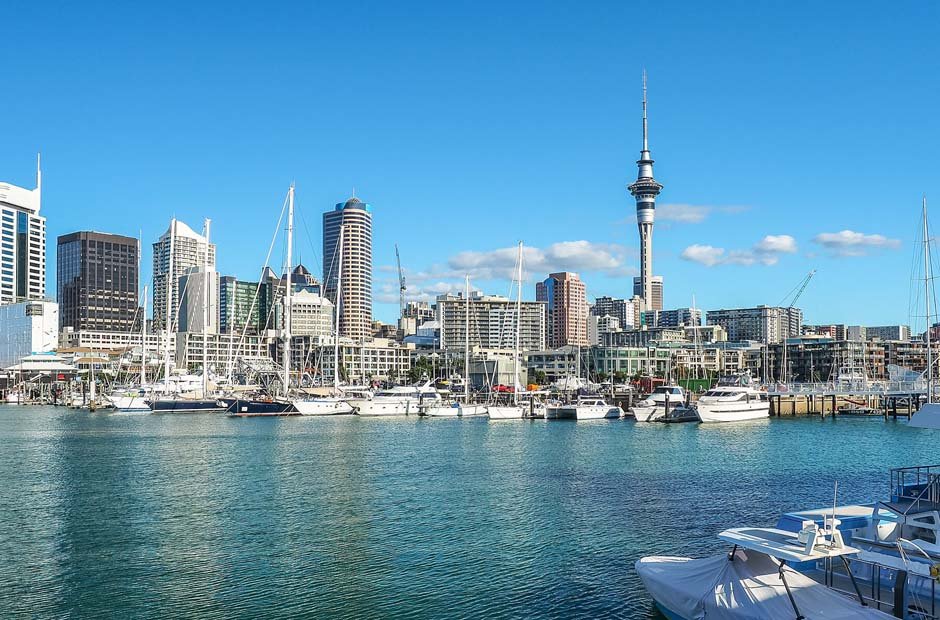No matter where you’re relocating from or heading to, the entire journey requires a lot of thinking and planning.
Relocating from a country like Japan to New Zealand will take much more time and resources since you’ll have to move to a different continent altogether.
However, statistics say that as of October 2018, nearly 21,000 Japanese people were registered in New Zealand. So, don’t be intimidated, as you’re not alone in your journey!
If you’re looking for a guide that will give you useful tips and tricks, this think piece is here for you!
1. Immigration procedure
Immigration is a very important aspect when it comes to relocating. First, don’t forget to check out the official New Zealand immigration website.
When you establish the immigration procedures, the duration of your stay is the priority. You can relocate for a short-term duration, that is, 90 days, or a long-term duration of more than 90 days.
Fortunately, people relocating from Japan won’t have to undergo visa procedures for short-term stays as Japan falls under the list of “visa-waiver” countries.
However, you must still apply for the New Zealand Electronic Travel Authority (NZeTA). This will prove that you’re still in transit.
2. Importing certain property
When you plan to shift to a new country, there are certain essential items that you can’t afford to forget.
One major asset is your car. Now, if your car is pretty old, you can try selling your existing car in Japan before moving out. Later on, you can purchase a new car in NZ.
However, if you recently bought a car, already have one in great condition, or feel attached to your four-wheeler, you don’t want to do that.
Instead, it’s always a better idea to import car from Japan to NZ. Seek a reliable vehicle importer who will walk you through the process and ship your car to your NZ doorstep!
Another necessary asset when you move into your new house is furniture, mattresses, and other upholstery items.
Even if you plan to buy these things in New Zealand, you might still have to carry some items from Japan. This is why it’s important to fix a budget for freight services.
There are lots of international movers and packers who will transport your furniture either by air or sea. Be sure to compare the prices of each cargo shipper.
Ensure there are no hidden charges, especially regarding the dimensions of the cargo boxes.
3. Language barrier
If you are not fluent in English or unfamiliar with most English figures of speech, you might want to consider taking a spoken English class before relocating.
People living in New Zealand will almost always speak in English, and their accents will vastly differ from the common American or British ones.
However, you can still enroll in an English-speaking course after moving here.
Moreover, New Zealanders are known to be warm and friendly toward newcomers, especially if they face cultural or linguistic problems.
Try picking up English books or magazines and going through the basic sentences. Even if you know a bit of broken English, you caammunicate with the natives.
4. Health insurance
Fortunately, New Zealand has an excellent healthcare system and a robust health insurance policy.
The public healthcare system offers taxpayer-funded free or subsidized healthcare costs for hospital treatments or even emergency medical situations.
As a legal resident in New Zealand, you’ll also enjoy the same benefits as others.
However, if you’re shifting via a work permit, the law requires you to be a country resident for at least two years.
While the public healthcare system is generally good, there may be slight delays in certain situations due to a shortage in the healthcare workforce. If healthcare is your field and you’re seeking job opportunities, it might be a good idea to consider reaching out to a healthcare recruitment agency.
5. Cuisine
Japanese and New Zealand cuisine can seem different, but both countries enjoy a wide variety of seafood due to their proximity to the seas and oceans.
Therefore, you can expect dishes like crayfish, kuna, and sea urchins if you love exotic seafood.
Even if you’re not into seafood, you must try out a special dish made of sweet potatoes called dumara.
You’ll also find a large community of Japanese people who moved to New Zealand long ago. This is why New Zealand has many Japanese restaurants like Ebisu, Tanuki, and Maso. You can even find authentic Japanese food in the Tokyo Bay region.
Conclusion
These are a few important things you must know before relocating to New Zealand. Lastly, ensure your finances are well-settled, and you have already spoken to a few people living there.
















